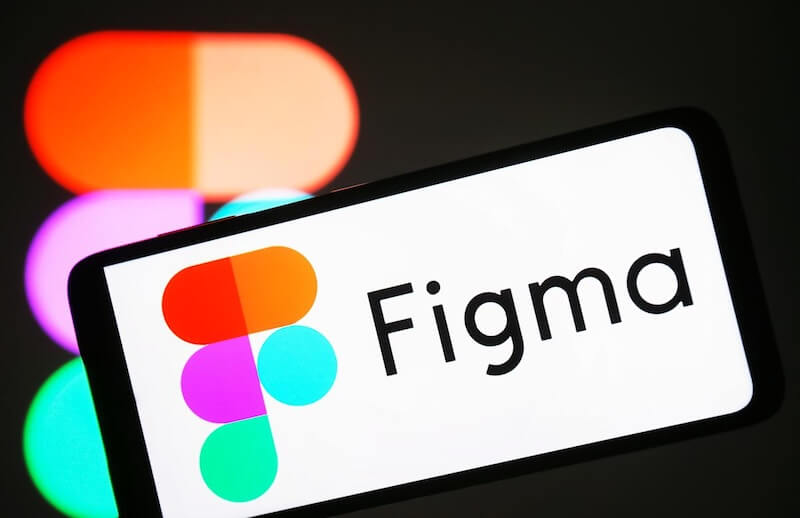Figma's CEO, Dylan Field, is advocating for a future where Artificial Intelligence (AI) is deeply integrated into every stage of product development, seamlessly connecting design, research, and engineering workflows. This vision moves beyond AI as a simple add-on, instead positioning it as a core component of the entire creative process.
AI as a Collaborative Partner
Figma has been actively integrating AI across its design platform, viewing AI not as a replacement for designers, but as a co-pilot that enhances their capabilities. This approach ensures that designers retain control over the final output while benefiting from AI's ability to automate tedious tasks and accelerate the design process. Figma's AI features build upon existing infrastructure, such as Dev Mode, which provides developers with structured data from design files, CSS snippets, design tokens, and component details.
Transforming Workflows
AI's expanding role is transforming traditional workflows by enabling real-time collaboration between designers, developers, and other stakeholders. With AI-powered features, multiple people can work on the same file simultaneously, seeing each other's changes and prompting the AI together. This collaborative environment fosters innovation and ensures that everyone is aligned throughout the product development lifecycle.
Key Applications of AI in Figma
- Design Automation: AI can automate repetitive tasks such as resizing and aligning elements, generating placeholder text, and even creating entire designs. This frees up designers to focus on more creative aspects of their work.
- Code Generation: Figma Make can turn a text prompt, image, or design frame into production-ready code that teams can edit together in real time. This allows non-technical staff to build prototypes in hours and generates code precise enough for engineers to move straight into production.
- Intelligent Suggestions: AI algorithms can suggest the most logical component arrangements based on design intent, streamlining the design process and ensuring consistency.
- Content Generation: AI can generate localized copy variants for global design teams, ensuring that designs are culturally relevant and engaging.
- User Behavior Analysis: AI can analyze user behavior and preferences to create more personalized designs that better meet the needs of users.
- Streamlined Handoffs: By bridging the gap between designers and engineers, AI facilitates smoother development handoffs and reduces the friction of turning designs into working interfaces.
The Rise of AI Plugins
Figma's robust plugin ecosystem offers a variety of AI-powered tools that enhance the design workflow. These plugins can generate color palettes, improve copy, create realistic human beings, and more. Teams can customize their AI experience based on their specific needs, integrating AI deeply into their day-to-day work. Popular plugins include MagiCopy (AI text generator), Automator (automates repetitive design tasks), and Magestic (AI-generated icon sets).
The Importance of Design and Craft
While AI can automate many aspects of product development, Figma's CEO emphasizes the importance of design and craft as differentiators. In a world where anyone can quickly build software, the attention to detail, user experience, and overall design quality become crucial.
The Designer's Evolving Role
AI integration is fundamentally changing what it means to be a product designer. The role is expanding beyond visual design to include AI collaboration skills, such as the ability to effectively prompt, review, and iterate with AI systems. Designers are becoming creative directors for AI, communicating their vision to artificial collaborators and ensuring that the final product aligns with user needs and business goals.
Cautions and Considerations
It's important to acknowledge the current limitations of AI in design. While AI excels at initial prototyping and generating design suggestions, it may struggle with complex, mature systems. AI outputs may also be misleading or wrong, so it's crucial to regard the information provided by AI tools as a general reference and not a substitute for expert advice or research.
The Future of Design
The integration of AI into Figma is more than just a feature update; it's the start of a smarter, more connected design era. As AI continues to evolve, it will play an increasingly important role in product development, enabling companies to innovate faster, designers to focus deeper, and users to benefit from more refined, intuitive experiences. The future of design is collaborative, scalable, and profoundly human.

















